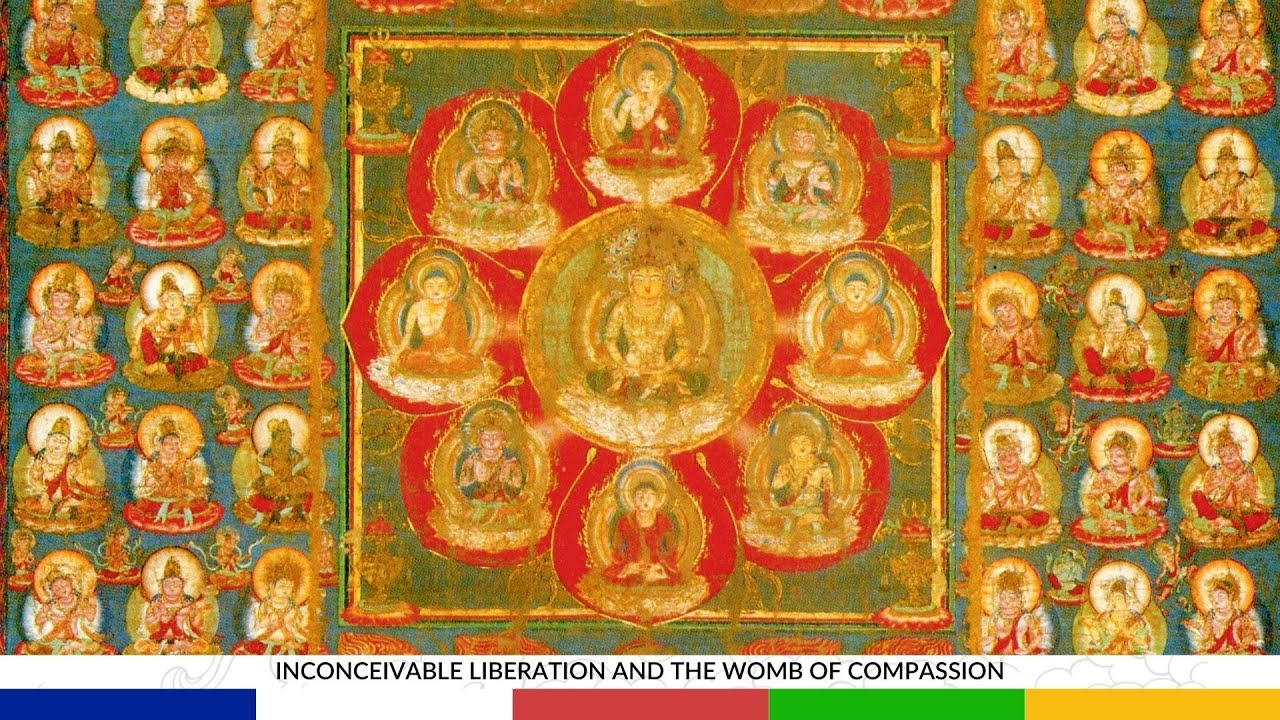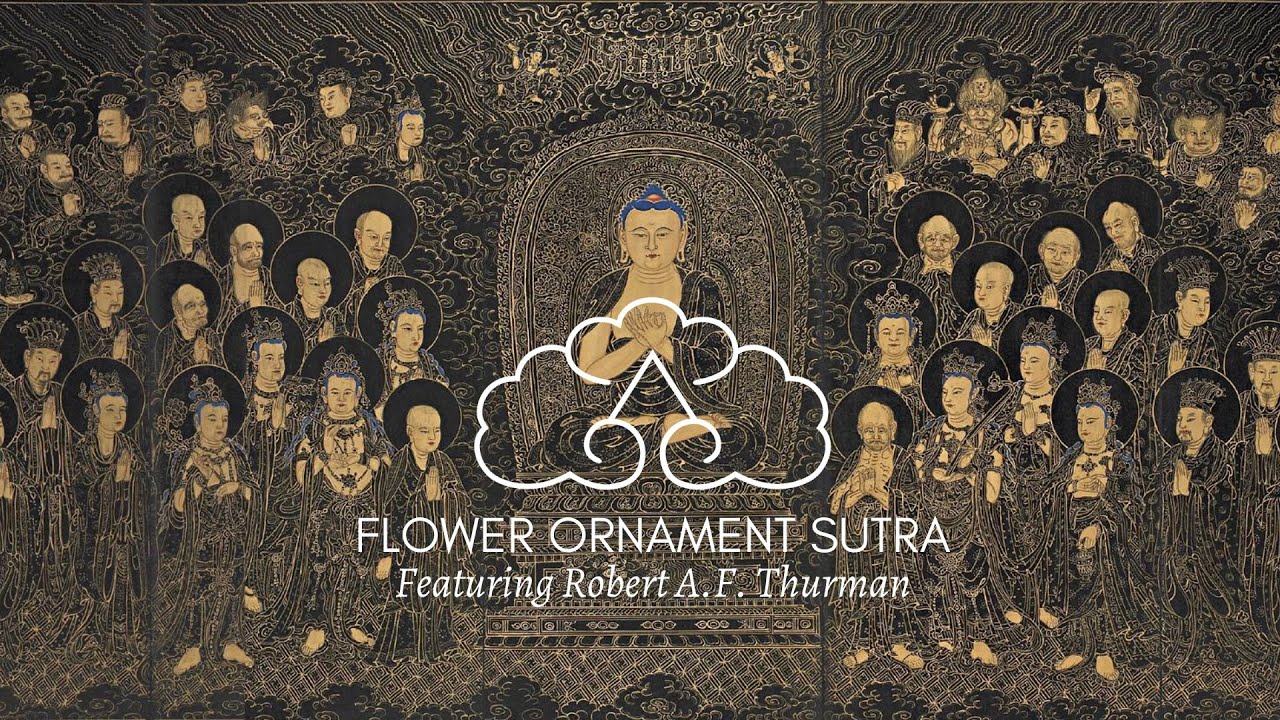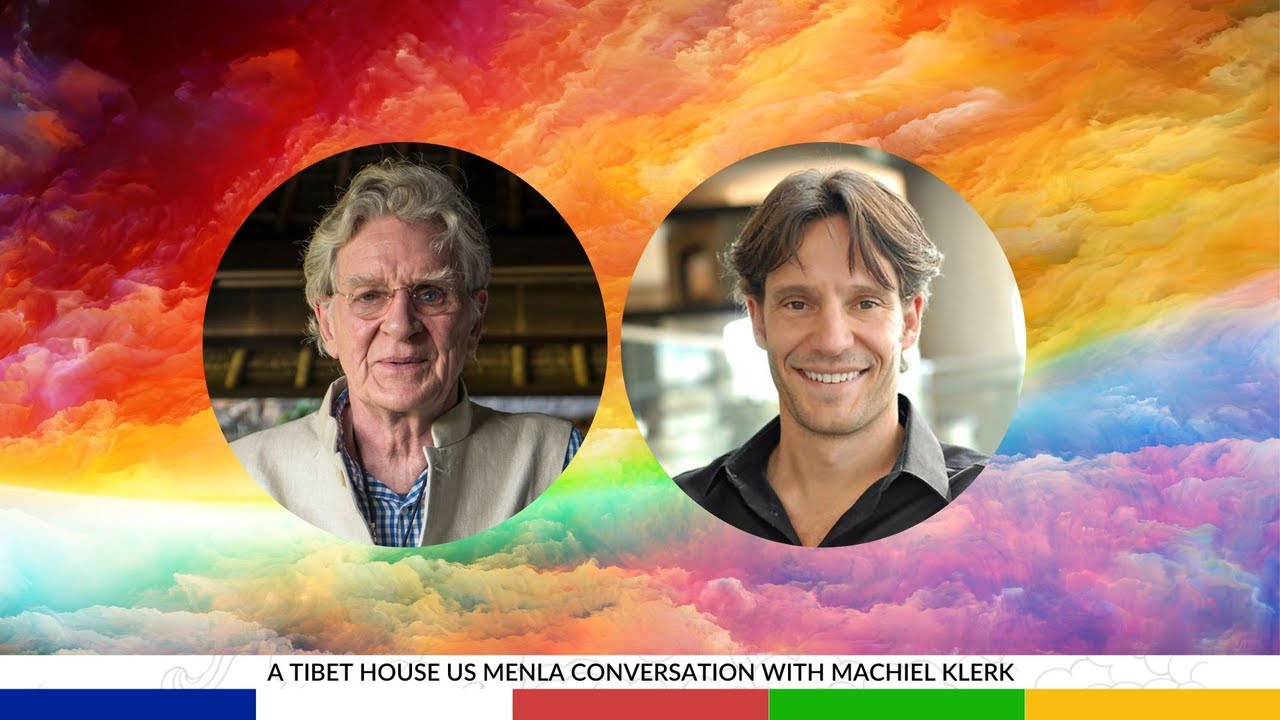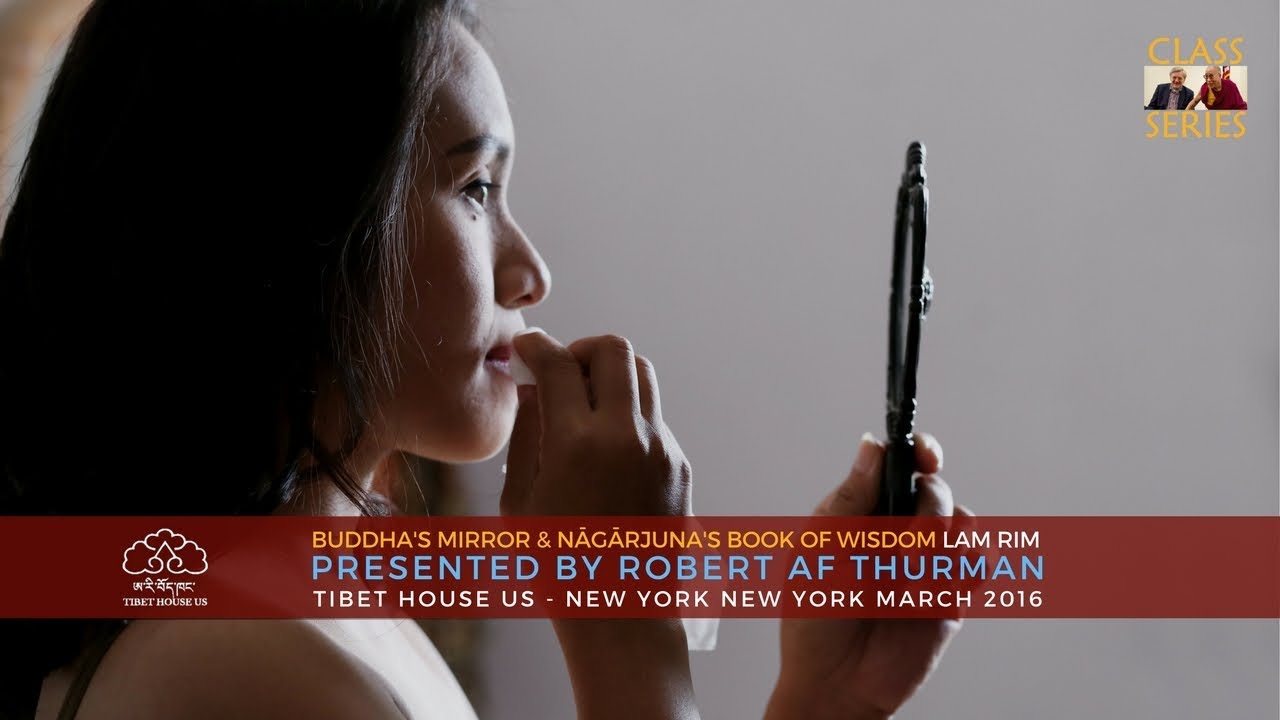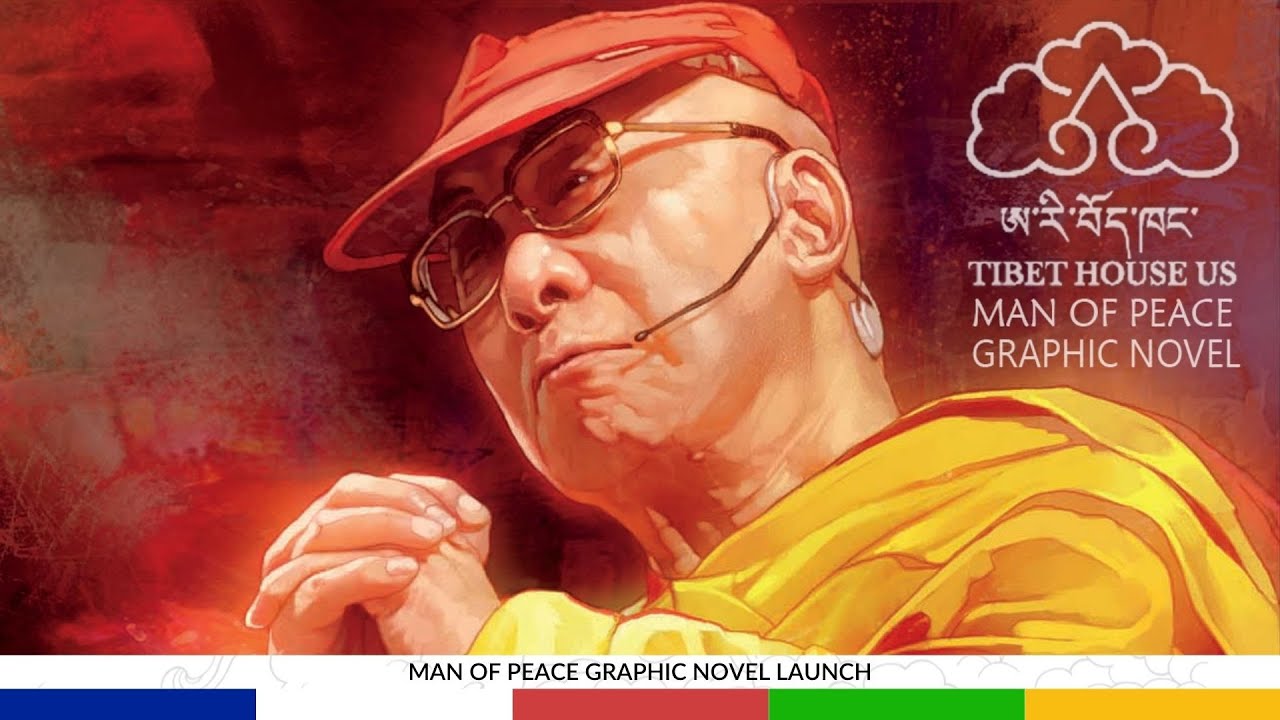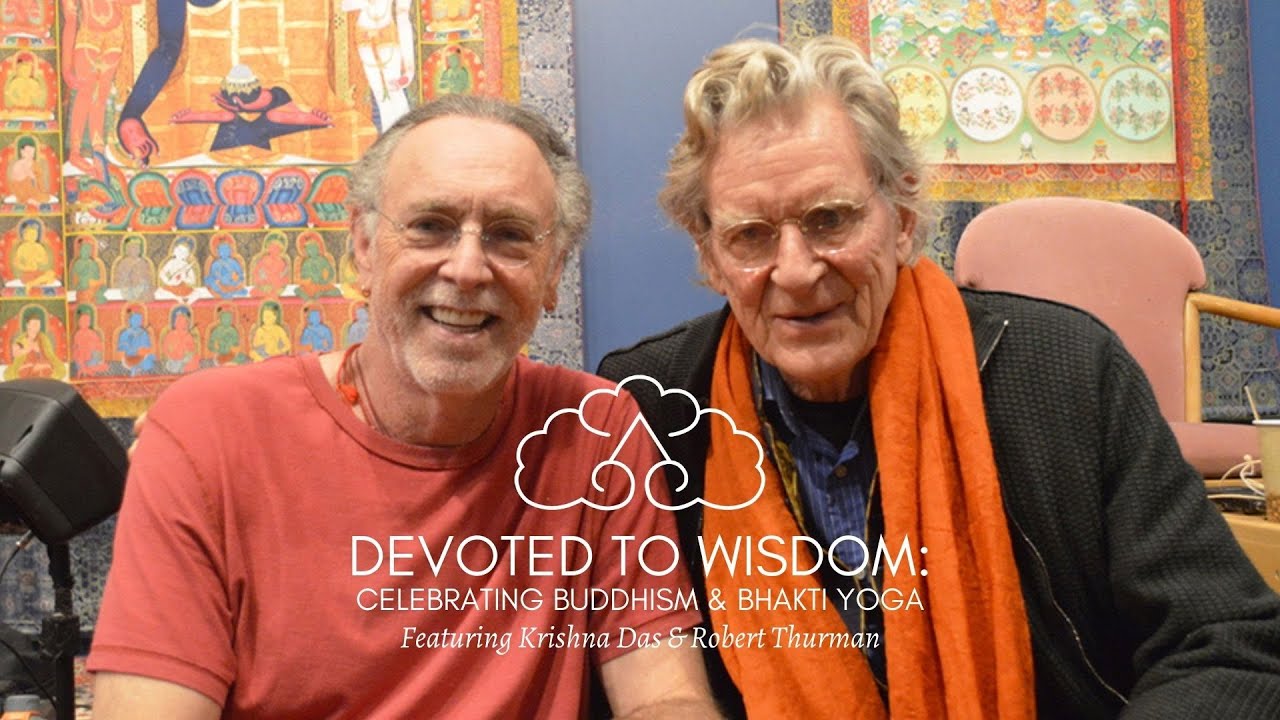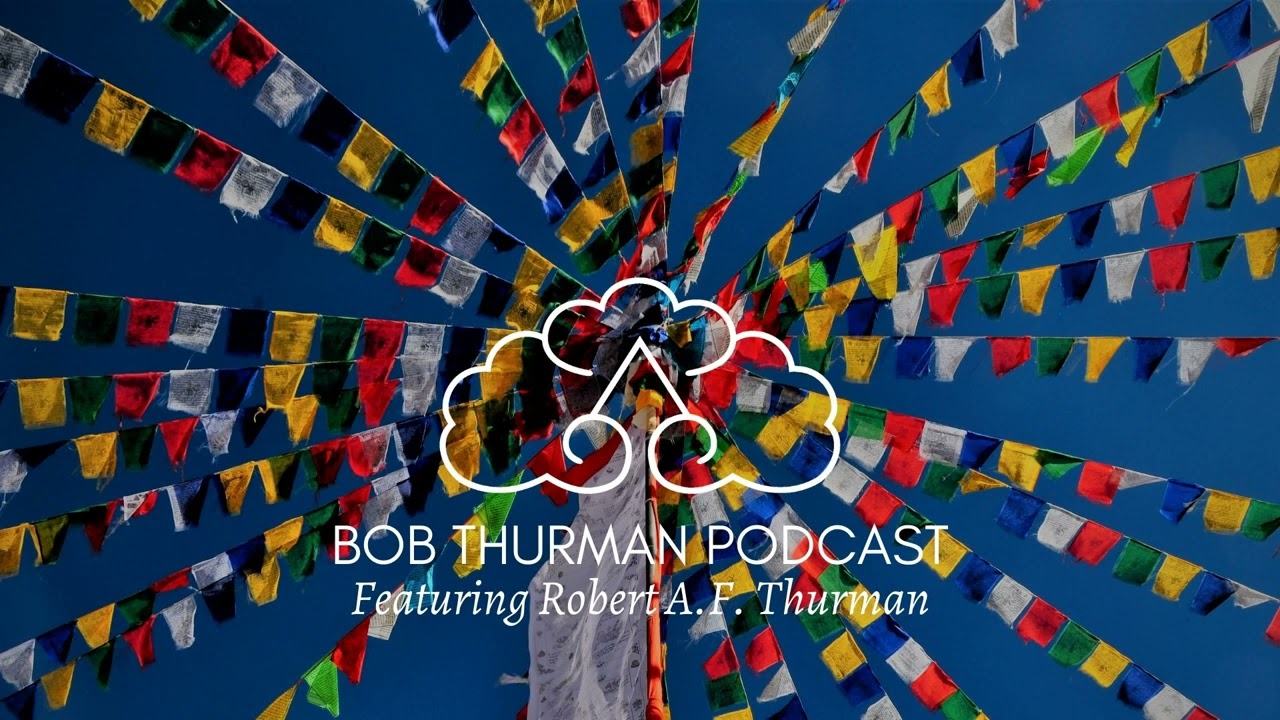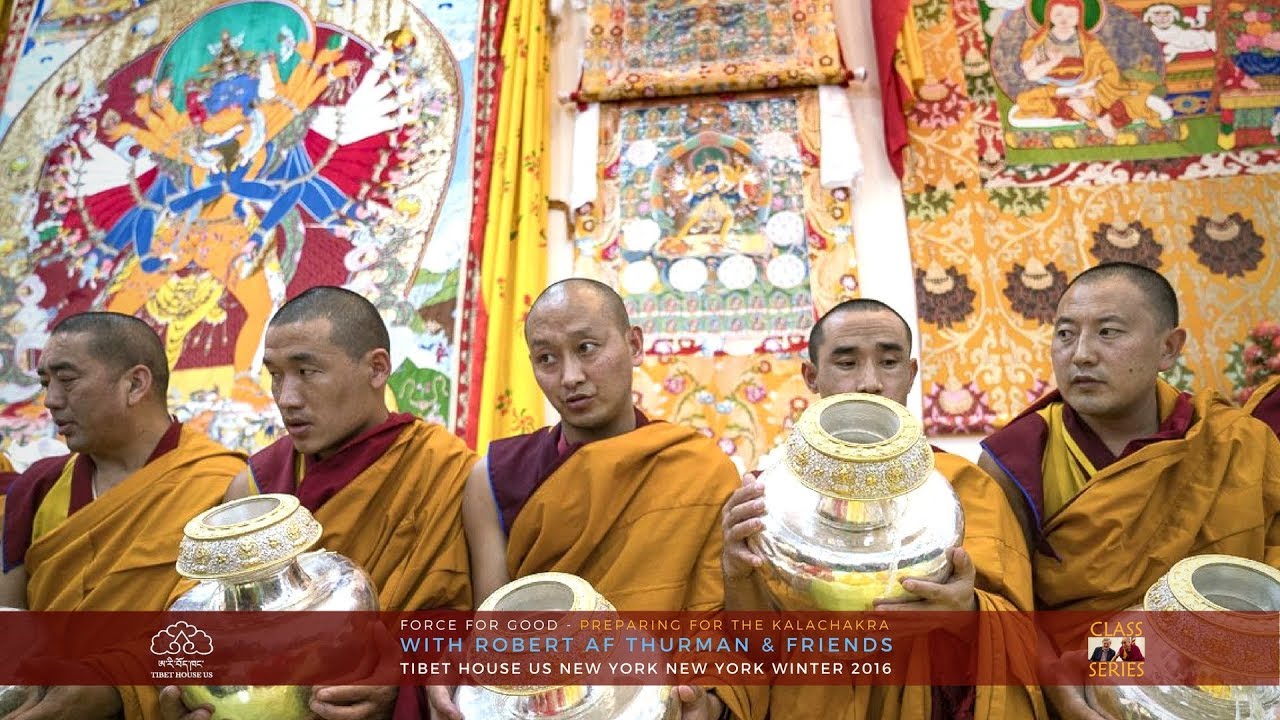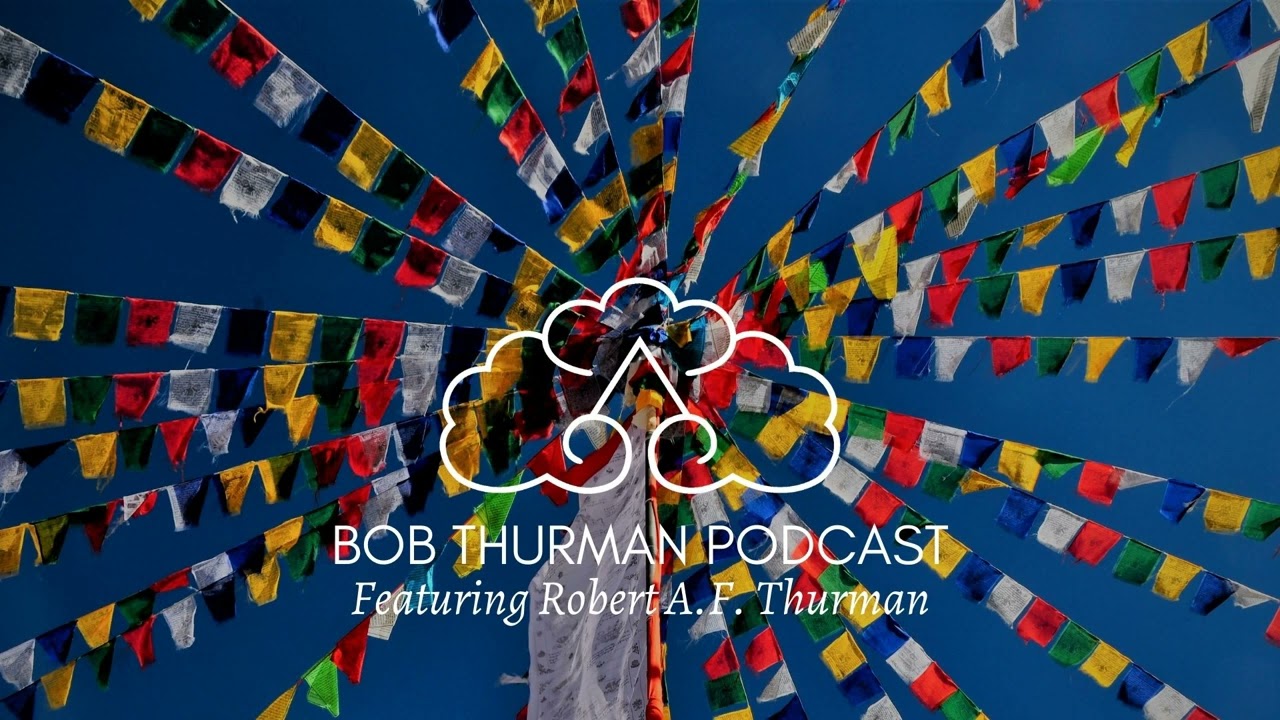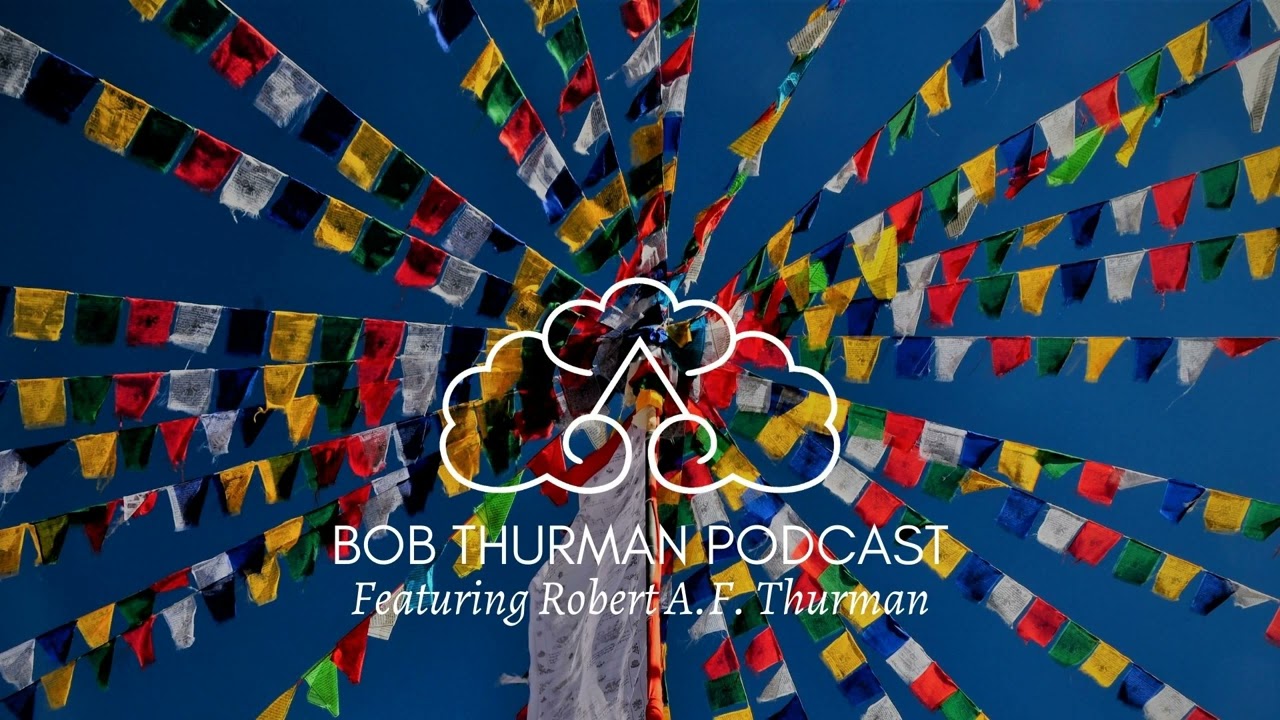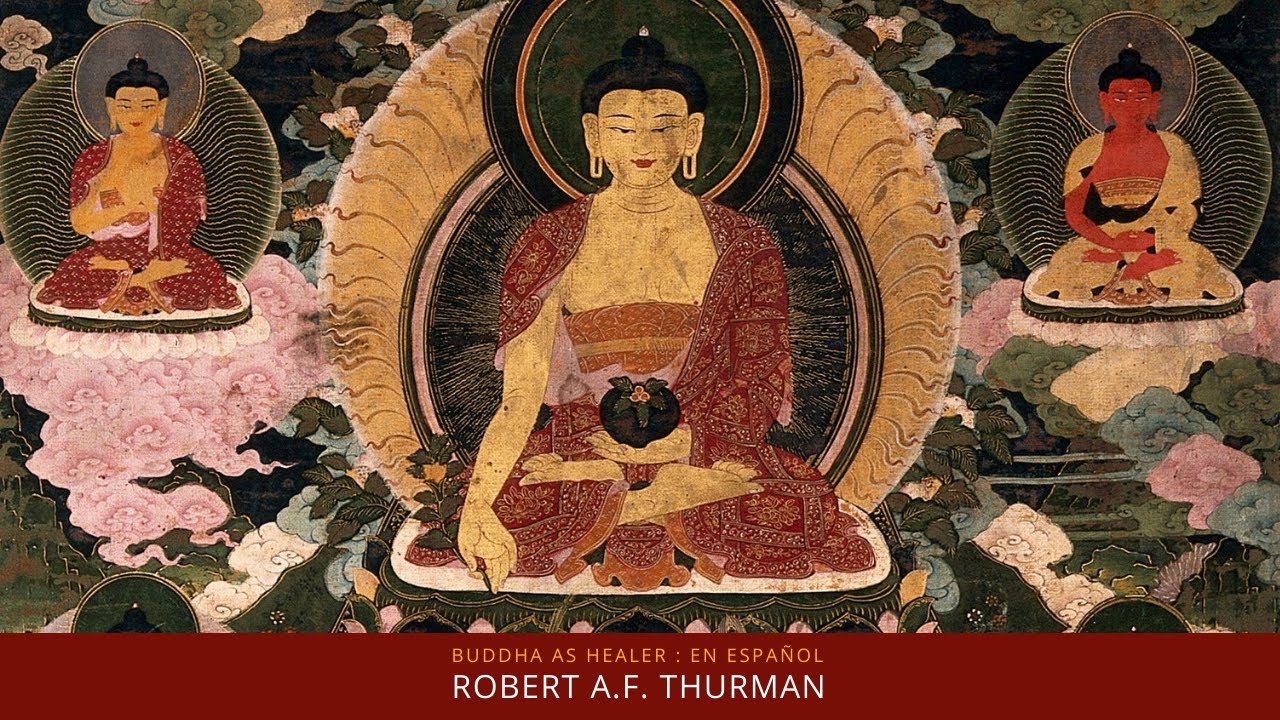Satipatthana Sutta : Describing Mindfulness and Buddhist Meditation with Mark Epstein M.D. Force For Good 2016 at Tibet House US in New York City
In this short video Mark Epstein M.D. gives an introduction to the “Satipaṭṭhāna Sutta” using traditional texts as a way of describing mindfulness and Buddhist meditation practice for modern audiences.
” Describing Mindfulness + Buddhist Meditation ” is an excerpt from the archive video of the February 2016 teaching on the ‘Satipatthana Sutta’ (also known as the Discourse on the Establishing Mindfulness in the Pali Cannon) with Mark Epstein M.D. from the Force For Good Class Series, recorded at Tibet House US in New York City.
In the fill video Dr. Epstein uses Anālayo’s English translation of “Satipaṭṭhāna: The Direct Path to Realization” Dr Mark Epstein leads a discussion of vipassana meditation + the relationship between Buddhist mindfulness and modern psychotherapy.
“Mindfulness is the aspect of the Eightfold Path that has received the most attention in the West. It is the distinctive attentional strategy of Buddhism and has found acceptance in a variety of fields ranging from business to basketball to psychotherapy.
Rather than restricting one’s attention one-pointedly to a single object of awareness as in most other forms of meditation, mindfulness encourages a dispassionate knowing of thoughts, feelings, memories, emotions, and physical sensations as they come and go in the mind and body.
The general idea is that it is possible to empower the observing self so that one does not have to be swayed by habits and impulses or taken over by one’s inner critic. One learns to dwell in an enlivened awareness rather than being hijacked, sidetracked, or seduced by the usual array of thoughts and feelings.”
Mark Epstein M.D. via Hay House’s Heal Your Life
This talk was recorded during the 2016 Force For Good Class Series at Tibet House US in New York City.
‘A Force For Good’ is a Tibet House US course to further the Dalai Lama’s contemporary world initiatives, from His Holiness’ American Institute of Buddhist Studies and Mind & Life Institute science dialogues (Universe in a Single Atom) and His creation of Abhidharma 2.0 through the “Science for Monks” programs, his “secular ethics” (Ethics for the New Millennium and Beyond Religion), His nonviolent approach to conflict resolution, including His Nobel Peace Laureate activities to seek dialogue and a win-win reconciliation with China in the face of the ongoing ethnicidal policies in Tibet (Freedom in Exile and Man of Peace: The Illustrated Life Story of Tibet’s Dalai Lama) & along with his emphasis on positive activism (A New Reality: Charter of Universal Responsibility).

To join the on-going #ForceForGood series please visit: www.tibethouse.us.
To watch more videos from past ‘Force for Good’ programs please visit the Tibet House US Member Archive, available to monthly supporters.
Full access starts at $2 a month.
? Music by Tenzin Choegyal, Used with Permission www.tenzinchoegyal.com
? Describing Mindfulness + Buddhist Meditation Photo by David Gabriel Fischer via Zen Diary.
About Mark Epstein, M.D
Mark Epstein, M.D. is a psychiatrist in New York City and the author of a number of books about the interface of Buddhism & psychotherapy, including Thoughts without a Thinker, Going to Pieces without Falling Apart, Going on Being, Open to Desire, Psychotherapy without the Self & The Trauma of Everyday Life. He received his undergraduate and medical degrees from Harvard University and is currently Clinical Assistant Professor in the Postdoctoral Program in Psychotherapy and Psychoanalysis at New York University.

